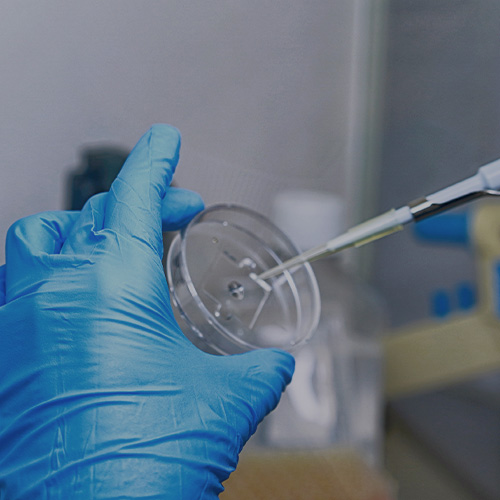Reasons to Get Tested for Hepatitis C at Least Once in Your Life
With the growing awareness of how dangerous infectious diseases can be, as a result of the COVID-19 pandemic, the United States Preventive Services Task Force (USPSTF) recently issued a new recommendation in regard to hepatitis C testing, stating that all American adults between the ages of 18 and 79 be screened for hepatitis C. What is the situation in Korea? Of the most common types of viral hepatitis, which are hepatitis A, B, and C, hepatitis C is left out of the national health screening items. This is why hepatitis C has high incidence, yet the rate of early detection and treatment is so low.
We need to be vigilant against hepatitis C, which often goes undetected because the signs and symptoms are not clearly felt or seen, so let’s learn more about it from Doh Young-seok, Professor of Gastroenterology at Daejeon Eulji Medical Center.
70 to 80% of acute cases turn chronic
Hepatitis C is an infectious disease caused by the hepatitis C virus (HCV) that affects the liver, and it is transmitted when a person comes into contact with the blood or body fluid of an infected person through an open wound or a mucosal membrane. In the case of Korea, it is estimated that 300,000 people are infected with hepatitis C, with 2 to 3,000 new cases arising each year.
If the virus remains even after three months of infection, it will usually become chronic. Hepatitis C often goes undetected without a blood test. Also, not all cases of acute hepatitis C turn into chronic hepatitis C, but the chance of it is quite high. In fact, 50 to 80% of all acute cases turn chronic, and 30 to 40% of all chronic hepatitis C patients develop liver cancer or cirrhosis.
Main transmission routes
Hepatitis C does not spread by skin-to-skin contact or orally. Instead, it usually spreads by blood-to-blood contact. Infections often result from the use of a contaminated needle or razor, or even invasive procedures such as tattooing and piercing. It can also spread through sexual intercourse and blood transfusion and even be passed on from mother to child.
People with hepatitis C often experience no symptoms, but the typical symptoms include yellow skin or eyes, fatigue, tiredness, loss of appetite, muscle pain, and abdominal pain.
However, these symptoms do not serve as the basis for diagnosis of hepatitis C. Instead, a liver function test or blood test to look for antibodies to the hepatitis C virus, or an HCV RNA test to check for the virus itself must be performed.
Practice care when sharing personal items with others, as there are no vaccines
When it comes to hepatitis C, early detection and treatment is the best situation after becoming infected. Fortunately, if detected early, taking an antiviral medicine for 8 to 12 weeks cures more than 95% of persons with hepatitis C infection.
The ultimate goal in treating hepatitis C is to kill the virus in the body to prevent complications, such as liver cancer and cirrhosis. In the case of those with chronic hepatitis C, the response to treatment and the treatment period vary depending on the HCV genotype. Most of the infected individuals get to decide on what kind of treatment they wish to receive after consulting the doctor on the sides effects and contraindications.
Unlike hepatitis B, there is no vaccine for hepatitis C. So, it is important that you practice care when it comes to personal hygiene so that you do contract hepatitis C through contact with the body fluids of an infected individual. Do not share any personal items, such as a razor, toothbrush, and nail clipper, and if you plan on getting a tattoo or a piercing, make sure that the tools used have been disinfected.



 Specialized Medical Service
Specialized Medical Service
 Bio Technology
Bio Technology
 Health & Wellness
Health & Wellness
 City & Culture
City & Culture
 Hot Issue
Hot Issue
 Interview With
Interview With
 Medical Technology
Medical Technology
 City & Culture
City & Culture
 Food & Travel
Food & Travel
 Health & Wellness Tips
Health & Wellness Tips
 Hot Issue
Hot Issue